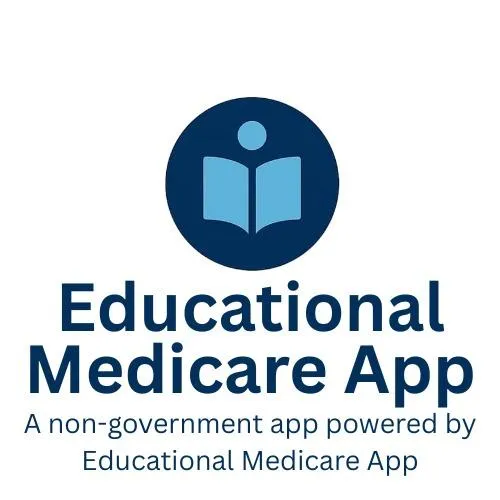What Is Creditable Coverage?
Creditable coverage refers to health or drug insurance from another source that pays, on average, at least as much as Medicare's standard coverage.
There are two common types:
- Creditable Prescription Drug Coverage
- Creditable Health Coverage
If you don’t have creditable coverage and delay enrolling in certain Medicare parts, you may face late enrollment penalties.
Creditable Prescription Drug Coverage (Part D)
If you have drug coverage from an employer, the VA, TRICARE, or another plan, Medicare compares it to their Part D standard. If it’s considered creditable, you won’t pay a penalty for delaying Part D enrollment.
🔗 Creditable drug coverage – Medicare.gov
Creditable Health Coverage (Part B)
If you’re delaying Medicare Part B because you’re covered under an employer plan, that coverage must also be creditable. Generally, large employer coverage (20+ employees) qualifies — smaller employers may not.
🔗 Working past 65 – Medicare.gov
How Do You Know If Your Coverage Is Creditable?
You should receive a Notice of Creditable Coverage each year, usually in the fall. Save it — you might need it when enrolling in Medicare later.
If you didn’t get the notice, contact your plan administrator or HR department.
🔗 Notice of Creditable Coverage – Medicare.gov
What Happens If You Don’t Have Creditable Coverage?
If you delay enrolling in Medicare Part B or Part D without having creditable coverage during that time, you may face a late enrollment penalty — and it could last as long as you have Medicare.
🔗 Avoid late enrollment penalties – Medicare.gov
Need Help?
Tap “Contact Us” or “Virtual Appointment” to speak with a licensed Medicare agent. We can help you figure out if your current coverage qualifies as creditable — and help you avoid penalties.
This app is for educational purposes only and is not affiliated with the U.S. government or CMS.
